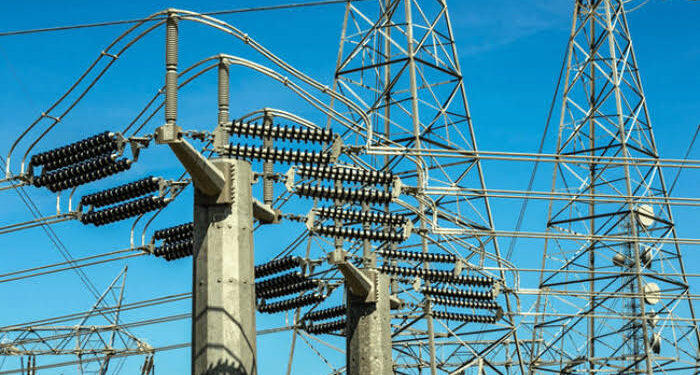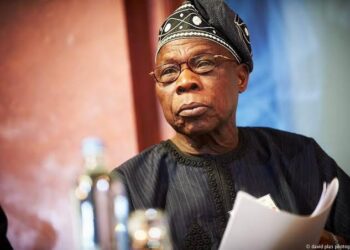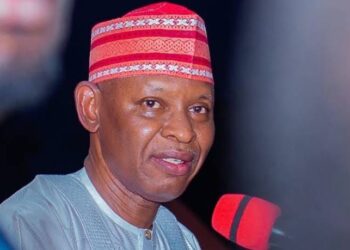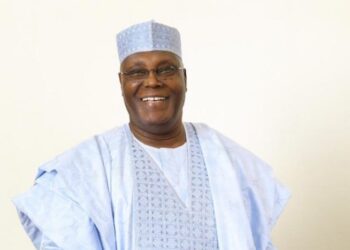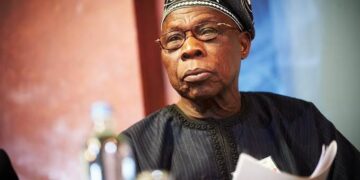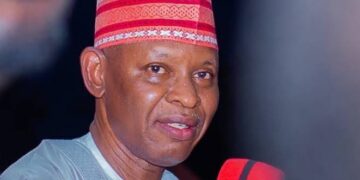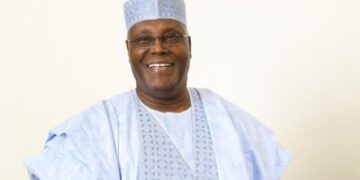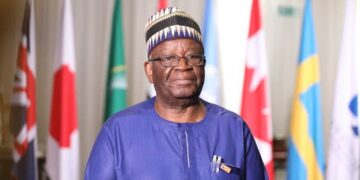In a major policy shift, the Federal Government says Nigeria’s electricity supply could reach 8,000MW within 18 months.
This ambitious goal depends on the improved management of the national grid by the Nigerian Independent System Operator (NISO).
Speaking during a retreat in Abuja, BPE Director General Ayodeji Gbeleyi stressed that while capacity exceeds 14,000MW, output lags behind.
He revealed actual power generation has hovered around 5,500MW, despite having the infrastructure to generate far more consistently.
According to Gbeleyi, better coordination and investment in infrastructure can realistically boost electricity supply by up to 50 percent.
Therefore, he emphasized that NISO must manage the national grid efficiently, independently, and without political or commercial interference.
“NISO must guarantee fairness, transparency, and efficiency in grid operations—free from conflict of interest,” Gbeleyi firmly stated.
Furthermore, he confirmed that the Federal Government secured a $500 million World Bank loan for power distribution upgrades and metering.
The funding will support the provision of 3.2 million meters, while another 2–3 million will come via a presidential initiative.
NISO to Lead Grid Reform and Market Stability
Meanwhile, NISO Board Chairman Dr. Adesegun Akin-Olugbade described the organization as a transformative force in Nigeria’s energy market.
He pointed out that NISO is now responsible for grid operations, market coordination, and long-term planning of national power supply.
Because NISO has separated from the Transmission Company of Nigeria (TCN), it can operate with neutrality and greater strategic clarity.
“NISO is more than an agency—it’s a new idea,” Akin-Olugbade said. “When power fails, society suffers across every sector.”
He explained that NISO’s mission includes planning, real-time operations, and coordination across the electricity ecosystem to boost grid stability.
These duties, he said, are not secondary—they are the foundation of Nigeria’s energy future, especially as demand continues rising.
Strong Focus and Private Sector Investment Will Drive Progress
In addition, NISO’s Managing Director/CEO, Engr. Abdu Bello, assured stakeholders that the 8,000MW target is completely achievable.
He said this would require discipline, strategic planning, and active collaboration with private sector investors to fund critical upgrades.
“With a clear plan, direction, and discipline, I believe we can deliver this target on time,” Bello stated confidently.
He also described the Abuja retreat as a step toward building consensus among leaders and sharpening NISO’s operational focus.
Therefore, Bello emphasized that the agency will continue refining its strategies to align with investor expectations and policy mandates.
Government Backs NISO with Full Support
Additionally, the Ministry of Finance Incorporated has pledged complete support for NISO in delivering on its national mandate.
Mr. Tajudeen Ahmed, Executive Director for Portfolio Management, said the ministry would assist NISO as an institutional shareholder.
He stressed that this support aligns with the government’s broader economic goals and commitment to power sector reform in Nigeria.
If successfully implemented, these efforts could transform Nigeria’s electricity supply, reduce outages, and drive economic development.


